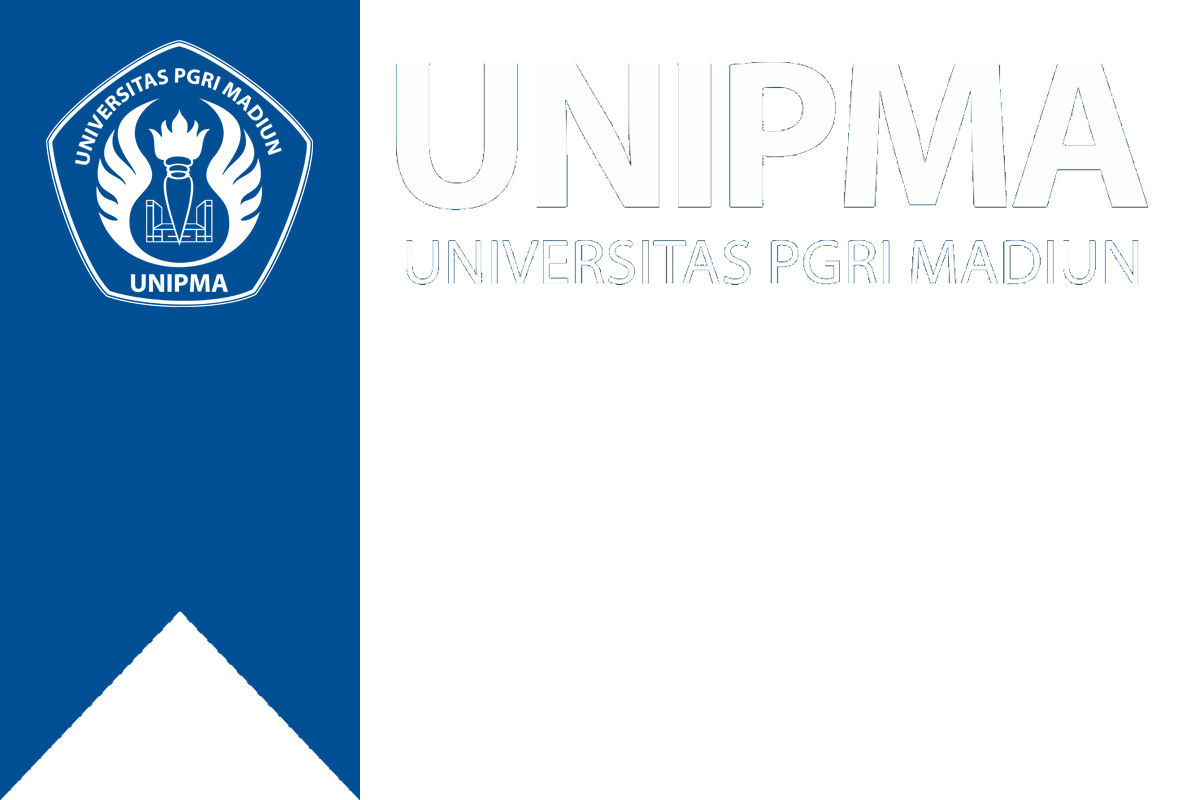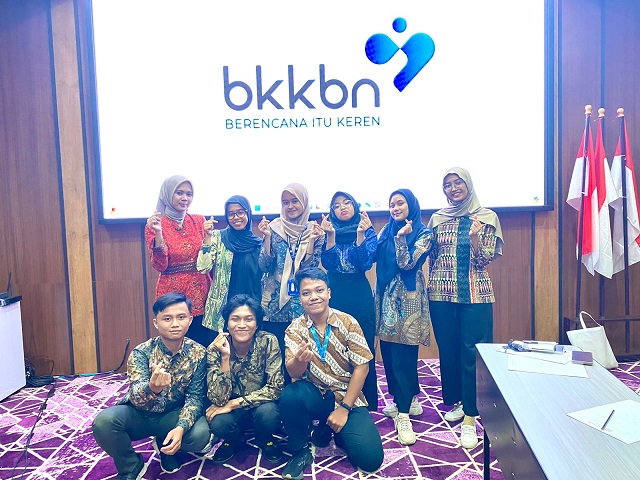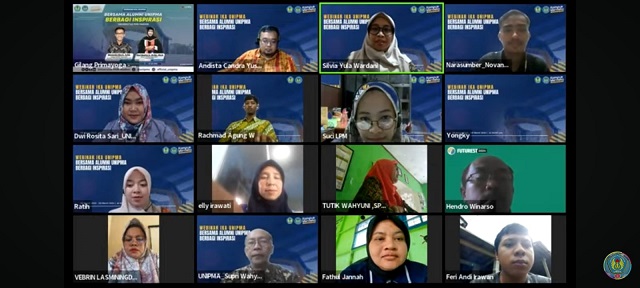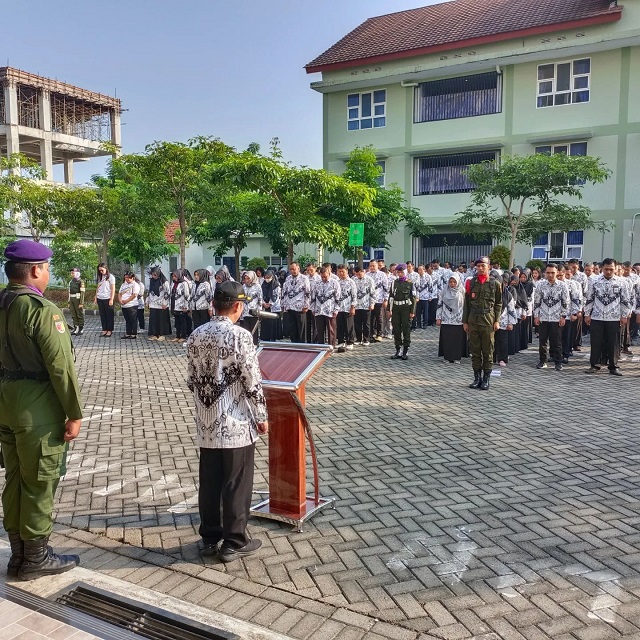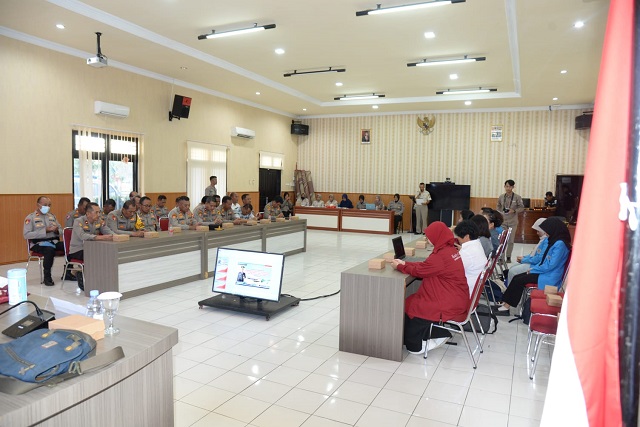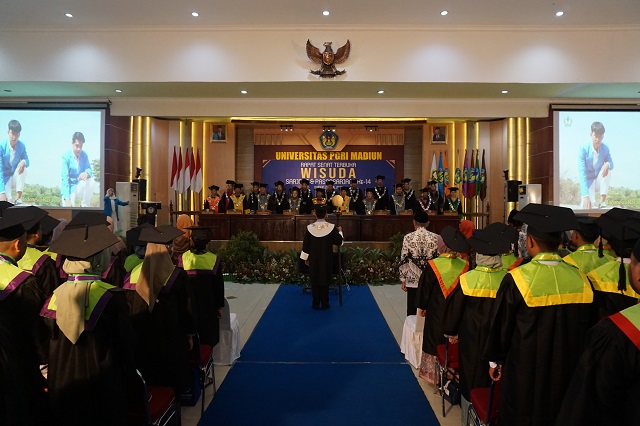UNIPMA Realizes Energy-Independent and Fertilizer-Independent Villages Through Kedaireka Matching Fund Activities
2022 is a special year for the Biology Education study program team, which is chaired by Mrs. Pujiati with members Mrs. Nurul Kusuma Dewi, Dimas Setiawan. In 2022, through Kedaire's Matching Fund Program, the implementing team can carry out downstream research to improve community welfare. The partners involved are the Mulyosejati farmer group in Puntukdoro village, Magetan district.
"Previously we have collaborated with this village, in the development of the agricultural and livestock sectors, and we are grateful that this year we were given the opportunity to increase the capacity of our cooperation to create an energy and fertilizer independent village in this village," said Pujiati.
Microbial technology in village development is a project undertaken. The main activities carried out are the installation of a biogas reactor for 5 households, the construction of a compost fertilizer production house as an effort to utilize biogas waste. In addition, the production of liquid biological fertilizers from starters was also developed by the implementing team.
"We may already know that many farmers complain because the price of fertilizer is very expensive, the condition of agricultural land and agricultural productivity has decreased, so this program can really provide a real solution to overcome the problems of farmers today, of course because of the support from natural resources and human resources also adequate in our partners, "added Pujiati.
“The advantage of this biogas production technology is that we use microbes that we developed ourselves to increase the volume of gas produced, especially if the production is carried out using a mixture of agricultural wastes which is very abundant in this village. This biogas reactor waste we usually call bioslurry, this waste contains a lot of potential microbes for improving agricultural land. Fresh slurry is already in great demand by farmers in this village, so another innovation being developed is the utilization of the biogas waste for the formulation of quality compost," said Pujiati.
While in the field, this team also involved students as a means of implementing MBKM, to train students in solving problems in the field. What students have done in the field can be recognized into courses according to the rules set by their study program. These student activities include village research and internships.
“We are also very grateful to UNIPMA, who always facilitates, assists and gives us directions during the implementation of this program. We hope that this activity can continue and have a positive impact and good practices for partners, communities and universities,” said Pujiati.
